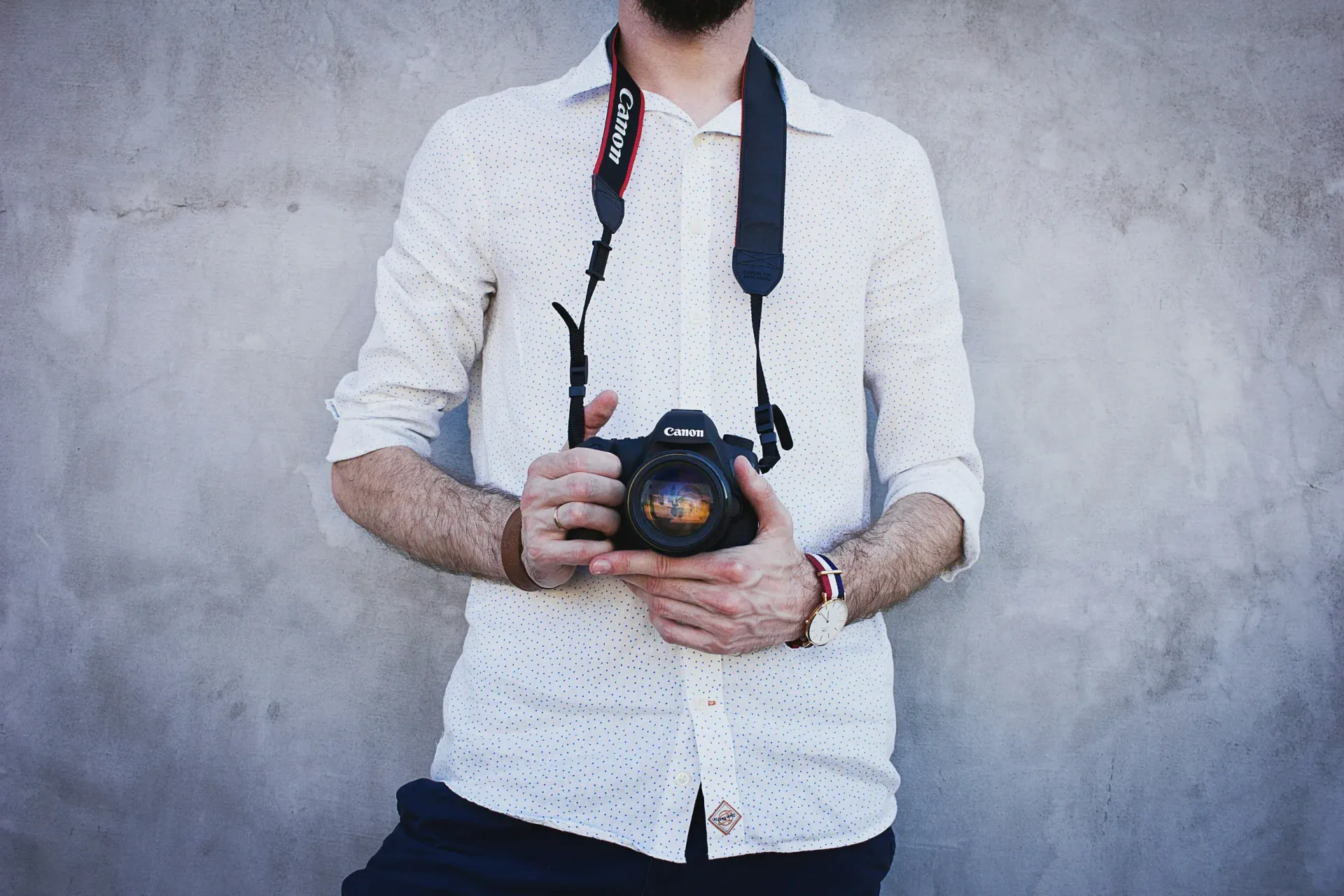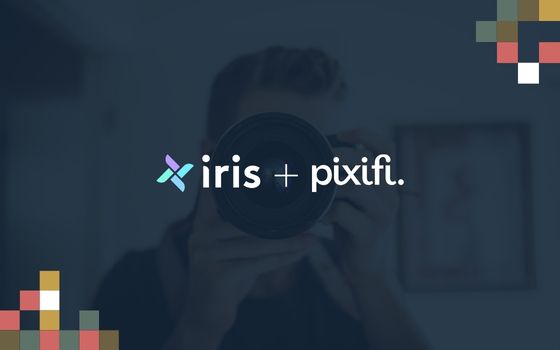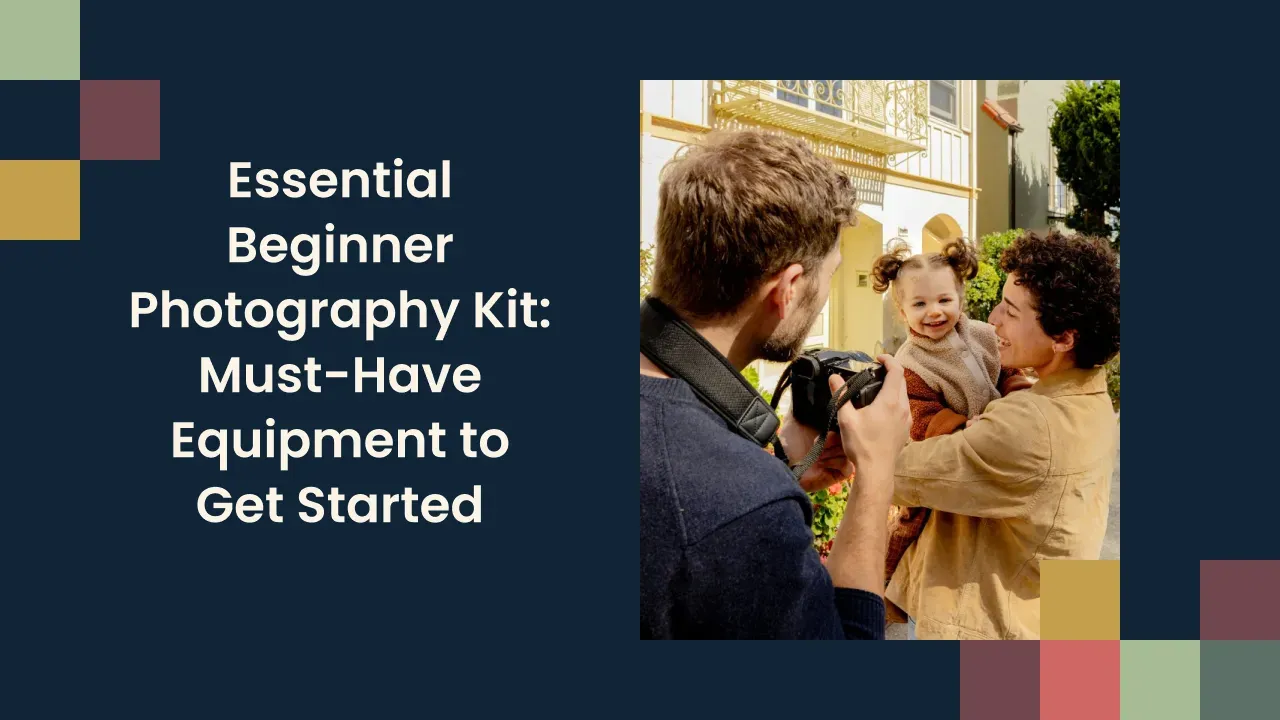Essential Beginner Photography Kit: Must-Have Equipment to Get Started
Discover the essential beginner photography equipment you need to kickstart your journey and capture stunning images from day one.
Understanding the Basics of Photography Equipment
Before diving into the essential equipment, it's crucial to understand the importance of having the right tools for the job. Photography equipment consists of various components that work together to create visually appealing images. Understanding the role of each piece of equipment will help you make informed decisions when purchasing your beginner photography kit.
The Role of Each Piece of Equipment
Every piece of photography equipment serves a unique purpose. The camera is the heart of your kit, capturing light and turning it into an image. Lenses act as the eyes of your camera, allowing you to zoom in, zoom out, or capture a wider view. Tripods provide stability, eliminating shaky hands and allowing for long exposure shots. Lastly, lighting equipment plays a vital role in setting the mood and illuminating your subject.
Importance of Quality in Photography Equipment
Investing in high-quality beginner photography equipment is crucial, especially when you're starting out. Quality equipment ensures better image quality, durability, and the ability to adapt to various shooting conditions. While it may seem tempting to opt for cheaper alternatives, investing in reliable and reputable brands will yield better results in the long run.
Starting with the Camera: Your Main Tool
When it comes to your beginner photography kit, the camera is the most essential piece of equipment. As a beginner, it's important to choose the right type of camera that fits your needs and budget. Here are a few options to consider:
Different Types of Cameras for Beginners
There are various types of cameras available for beginners, including DSLRs, mirrorless cameras, and point-and-shoot cameras. DSLRs offer versatility and manual control, making them ideal for those who want to delve deeper into photography. Mirrorless cameras are compact and offer excellent image quality, making them a popular choice among enthusiasts. Point-and-shoot cameras are compact, easy to use, and perfect for casual photography.
Key Features to Look for in a Camera
When choosing a camera for your beginner photography kit, consider features such as image resolution, ISO range, shutter speed, and autofocus capabilities. These features play a crucial role in capturing sharp images in different lighting conditions. Additionally, consider the camera's ergonomics, interface, and compatibility with different lenses and accessories.

Lenses: The Eyes of Your Camera
Once you have your camera sorted, it's time to think about lenses. Lenses are a vital part of any beginner photography equipment, allowing you to capture various perspectives and create different visual effects. Here's what you need to know about lenses:
Understanding Different Types of Lenses
There are different types of lenses available, each catering to specific photography genres. Wide-angle lenses are great for landscapes and architecture, allowing you to emphasize the vastness of a scene. Telephoto lenses bring distant subjects closer, making them essential for wildlife and sports photography. Prime lenses, with their fixed focal length, offer superior image quality and low-light performance, while zoom lenses provide flexibility by allowing you to adjust the focal length without changing lenses.
Choosing Your First Lens
For beginners, a versatile lens that covers a wide focal length range is a great starting point for your beginner photography kit. Consider purchasing a kit lens that offers flexibility and allows you to explore different genres of photography. As you gain experience and define your photography style, you can invest in specialized lenses tailored to your specific needs.
Tripods: Stability for Your Shots
While a steady hand can work wonders, a tripod is an essential tool for photography, especially in low-light conditions or when shooting long exposures. Let's explore the importance of tripods and what to consider when buying one for your beginner photography equipment:
Why a Tripod is Essential
A tripod provides stability, minimizing camera shake and allowing for sharper images. It also enables you to experiment with longer exposure times, capturing stunning light trails or smooth water effects. Additionally, a tripod allows you to position your camera at different angles and heights, expanding your creative possibilities.
Factors to Consider When Buying a Tripod
When purchasing a tripod for your beginner photography kit, consider factors such as weight, stability, height adjustability, and portability. Ensure that the tripod can support the weight of your camera and lenses. Look for features like quick-release plates, adjustable legs, and a sturdy build to ensure ease of use and durability.

Beginner Photography Equipment: Mastering the Art of Illumination
Understanding and manipulating light is a fundamental aspect of photography. While natural light works wonders, having control over lighting conditions can add depth and dimension to your images. Here's a glimpse into the world of lighting equipment for your beginner photography equipment:
Basics of Photography Lighting
Photography lighting can be categorized into two broad categories: natural light and artificial light. Natural light refers to the available light in your shooting environment, while artificial light involves using external sources such as flashes or continuous lighting. Mastering the interplay between light and shadow will elevate your photography to new heights.
Essential Lighting Equipment for Beginners
As a beginner, investing in a basic lighting setup can significantly improve your photography. Start with a speedlight or an entry-level external flash to add fill or bounced light to your images. Consider investing in light modifiers such as softboxes, reflectors, and diffusers to control the intensity and direction of light. Continuous LED panels are also great options for both photography and videography.
Remember, photography is an ever-evolving journey, and the equipment you choose is just the beginning. As you continue to refine your skills and explore different genres, your beginner photography kit will grow and evolve. Invest in quality equipment, learn the technical aspects, and let your creativity shine through your lens. Happy shooting!

Frequently asked questions
What is included in a beginner photography kit?
A beginner photography kit typically includes a camera, versatile lenses, a sturdy tripod, and basic lighting equipment.
How do I choose the right camera for my beginner photography kit?
Consider factors such as image resolution, ISO range, shutter speed, and autofocus capabilities. Decide between DSLRs, mirrorless cameras, and point-and-shoot cameras based on your needs and budget.
Why is lighting equipment important in a beginner photography kit?
Lighting equipment helps control the intensity and direction of light, adding depth and dimension to your images. It is essential for achieving professional-looking photographs.
What type of lens should I start with in my beginner photography kit?
Start with a versatile lens that covers a wide focal length range. A kit lens is a good option, and as you gain experience, you can invest in specialized lenses based on your photography style.
Ready to start your photography business?
Looking for an easier way to manage and grow your studio? Experience a platform built by a photographer, for photographers. Try it free for 2 weeks.
More from Pixifi











